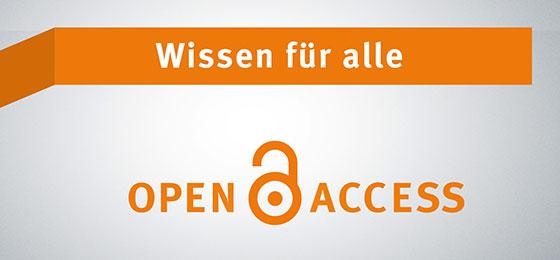Eight times YES to knowledge for all

Scientific publications should be openly accessible. To mark Open Access Week 2020, researchers and senior academic administrators talk about the challenges and opportunities they face in a series of short videos.
"We support open access because it makes scientific results available around the world," says Ulrich Weidmann, Vice President for Infrastructure at ETH Zurich. "This is of particular importance for countries and institutions that cannot afford the subscription fees demanded by journals."
The SNSF and swissuniversities have now launched a joint initiative highlighting this concern. Eight short videos will be shown during international Open Access Week 2020 from 19 to 25 October. In the videos, researchers and senior administrators at Swiss higher education institutions speak out in favour of open access. This is in line with the National Strategy on Open Access, according to which 100 per cent of all publicly funded research results should be available free of charge and without any restrictions by 2024.
Tackling challenges
Implementing open access poses different challenges depending on the discipline. This is reflected in the choice of different speakers for the videos, each from another discipline. For example, art historian Beate Fricke, University of Bern, talks about the publication of images. To make images available free of charge, she repeatedly needs to renegotiate image rights. "What is more, there are very few open access journals in my discipline," says Fricke. "That's why we founded our own journal, 21:Inquiries. It offers gold road open access for all areas of art history." Gold means that the articles become openly accessible as soon as they are published.
#knowledgeforall – join the debate!
The videos can be viewed on YouTube during Open Access Week, 19 to 25 October 2020; their publication will be announced on Twitter. Many events are due to take place all over the world during the week. At a conference on 19 October, organised by swissuniversities, representatives of the research community will discuss the different areas where open access is currently being implemented as well as the challenges that lie ahead. For those who can't follow the live event, a recording will be available on the swissuniversities website once it has ended.
Would you like to join the debate on open access? Then follow us on Twitter and share your opinions using the hashtags #knowledgeforall #openaccessweek and #openaccess.